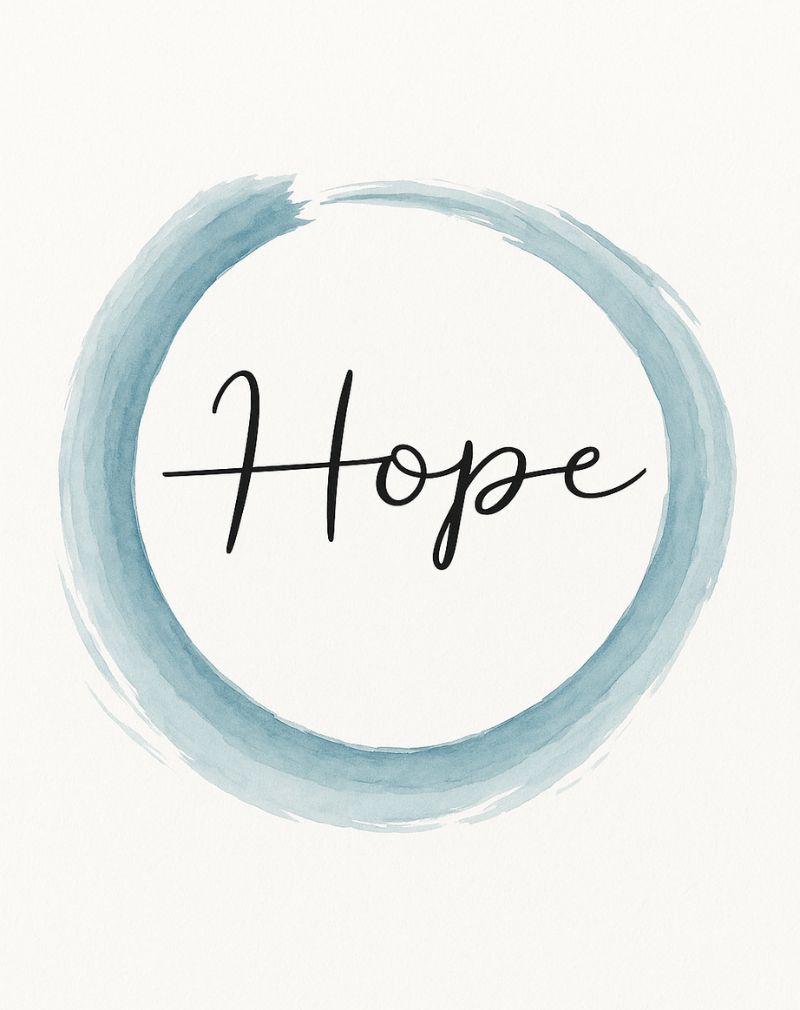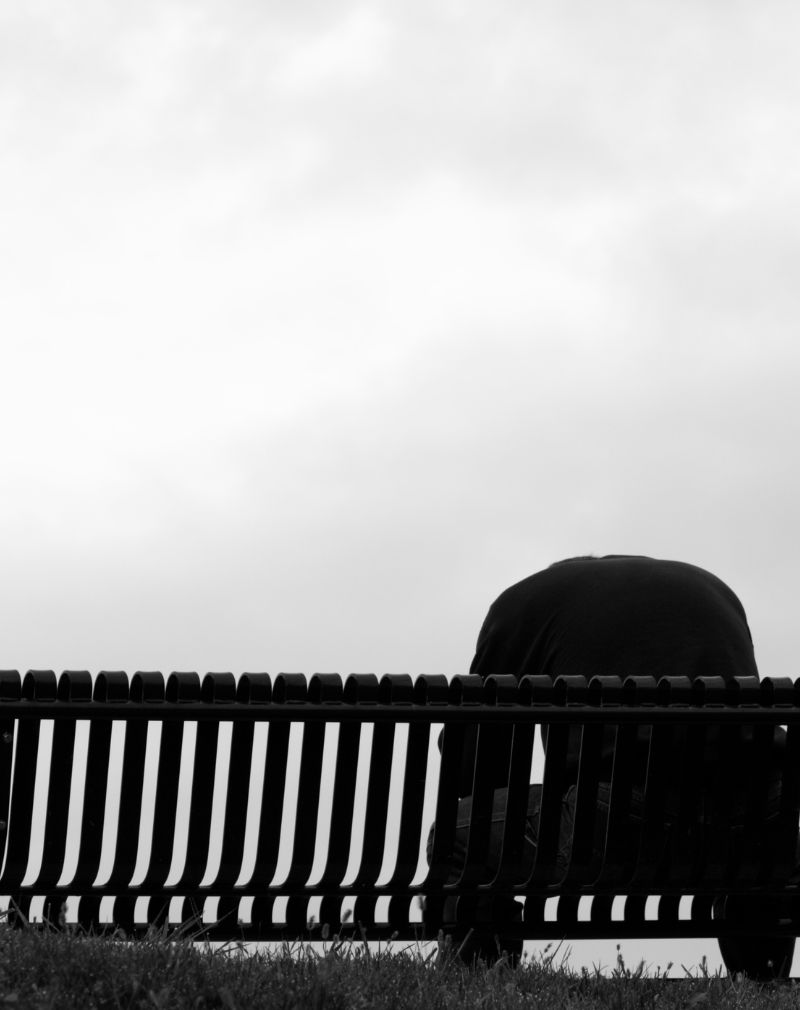One day, you’re making weekend plans. The next, you’re sitting in a sterile room, hearing a word that changes everything.
It doesn’t have to be cancer. It could be diabetes, multiple sclerosis, or something so rare you have to Google it on the way home. What matters is the shift. That quiet collapse of how you thought your life would go.
This is where psychology steps in—not to fix what’s broken, but to help you hold it together.
Hope isn’t magic. It won’t make the illness disappear. But it does something more important: it helps you keep showing up. That matters more than most people realise.
Studies by the World Health Organization and NIH show that people who maintain hope and emotional resilience often respond better to treatment. They experience lower levels of depression, make more consistent health decisions, and report a better quality of life—even when the illness doesn’t go away.
At The American Wellness Center in Dubai Healthcare City, we see this every day. People walking in with a diagnosis in one hand, and just enough hope in the other to keep going.
Hope doesn’t always shout. Sometimes it whispers. Sometimes it’s just getting out of bed, making a call, or asking for help.
And that’s enough.
The Psychology of Illness: What Hope Really Does
Getting sick doesn’t just affect the body. It shakes up the mind in ways most people don’t expect.
There’s fear. Guilt. Anger. Even grief. Psychology helps make sense of it. It gives us tools to stay steady when everything else feels out of control.
At The American Wellness Center in Dubai Healthcare City, our Psychology Department works closely with patients and families to unpack what’s going on beneath the surface. Because healing isn’t just about medicine. It’s about how we think, feel, and cope.
Research from the National Institutes of Health shows that hopeful patients are more likely to stick with treatment plans. They also tend to have lower rates of anxiety and depression, even during long recovery periods. A separate study published in the Journal of Psychosomatic Research found that higher levels of hope were directly linked to stronger immune function and better physical outcomes in patients with chronic illness.
But here’s what matters most:
Hope doesn’t mean lying to yourself.
It means choosing to stay in the ring, even when the odds feel brutal.
It’s not about denying the diagnosis.
It’s about believing that this isn’t the end of the story.
Stories from the Bedside: Patients Who Chose to Hope Anyway
Not all strength looks like big speeches or grand gestures.
Sometimes it’s just showing up.
A woman in her 50s, fighting breast cancer, came to one of our support groups at the Wellness Center. She didn’t say much. Just brought her own cup of tea and a soft scarf for the chill. But every week, she showed up. And every week, she laughed a little louder. She told us her goal wasn’t to beat cancer—it was to dance at her son’s wedding.
Another man, diagnosed with Parkinson’s, started journaling one line a day. That’s all. One sentence. But over time, it became a habit. Then a reason to wake up. Then a story he could read back when the shaking made everything else too hard.
These aren’t miracles. They’re routines.
A favorite meal. A calendar marked with good days.
A friend who still calls. A psychologist who listens without judgement.
This is hope, in real life.
It’s not dramatic.
It’s not loud.
But it works.
Shifting the Mindset: What Patients and Caregivers Can Actually Do
You can’t control everything your body does. But you can shift how you show up inside it.
That’s where mindset comes in. And no—it’s not about staying positive all the time. It’s about finding ways to cope when everything feels too heavy.
At The American Wellness Center in Dubai Healthcare City, our psychology team often encourages simple tools rooted in behavioural therapy. Tools that don’t aim to fix, just to steady.
Here’s what we’ve seen work:
- Micro-goals. Instead of thinking “I need to get better,” think “I’ll take a walk today” or “I’ll drink water before noon.” Small wins keep the engine running.
- Meaning-making. Inspired by Viktor Frankl’s logotherapy, this is about asking: “Why do I keep going?” For some, it’s a child. A pet. A purpose. Even on the worst days, a reason matters.
- Grounding routines. A morning stretch. A five-minute call. A familiar song. These aren’t trivial. They’re anchors.
There’s proof this works. According to a study in The Lancet Oncology, cancer patients who maintained a consistent routine and reframed their goals had a 20% higher reported sense of emotional stability and improved immune markers over time. Another study from the Arthritis Foundation noted a 30% drop in reported pain levels among those using hope-based psychological tools.
Mindset doesn’t cure.
But it cushions the fall.
And sometimes, that’s what gets you through the next hour.
The Caregiver’s Role: Holding Someone Else’s Hope
It’s hard enough to carry your own fear. Now imagine carrying someone else’s too.
Caregivers do this every day. Quietly. Without applause. And often, without asking for help themselves.
Being the one who “stays strong” sounds noble. But it’s exhausting. There’s a name for what happens when it becomes too much: compassion fatigue.
At The American Wellness Center in Dubai Healthcare City, we work with caregivers who feel like they’re burning out. Psychology offers a way back to feel human again.
Here’s what helps:
- Naming the weight. Just saying “this is hard” makes a difference. You’re not supposed to be superhuman.
- Setting emotional boundaries. You can love someone deeply and still need time alone. That’s not selfish. That’s self-preservation.
- Creating a support circle. One friend. One therapist. One safe space to say the things you can’t say in front of the person you’re caring for.
Therapy for caregivers isn’t a luxury. It’s oxygen.
Because hope can’t survive in isolation. And neither can you.
When Hope Looks Different: Making Peace with Decline
Not every story has a comeback.
Sometimes, the illness doesn’t get better. Sometimes, it gets worse.
That doesn’t mean hope disappears. It just changes shape.
At The American Wellness Center in Dubai Healthcare City, our psychologists work with patients who know their time is limited. What they teach us is this: hope doesn’t always mean healing. Sometimes, it means:
- Hoping for a pain-free morning.
- Hoping to say what you’ve been holding in.
- Hoping for one more meal with someone you love.
This is where palliative care psychology matters. It helps patients and families stay emotionally present, even when the body is slowing down. There’s no talk of “fighting” or “losing battles.” Just truth, warmth, and space to breathe.
Hope, at this stage, is softer. But it’s still there.
Where Support Meets Psychology
Pain changes people. So does fear. So does love.
Therapy isn’t about making it all go away. It’s about making space for everything that’s already here.
The psychology team at The American Wellness Center in Dubai Healthcare City offers just that—space. To speak honestly. To fall apart. To rebuild, slowly, in your own time.
Whether you’re the one who’s sick or the one holding it all together, you don’t have to carry this alone.
Therapy can be the one place where you don’t have to be strong.
And sometimes, that’s the only thing you need.
Not About Miracles. Just About Today.
If you’re reading this while caring for someone, or facing something scary in your own body—just know this:
Hope doesn’t need to be loud. It doesn’t have to fix everything.
It only needs to help you get through today.
At The American Wellness Center in Dubai Healthcare City, we meet people exactly where they are—in the middle of the mess, the fear, the waiting. If you’re looking for someone to talk to, not for answers, but for understanding, we’re here.
Not with solutions. With presence.
Not with pressure. With care.
If today is hard, let’s sit in it together. Contact us Today!



